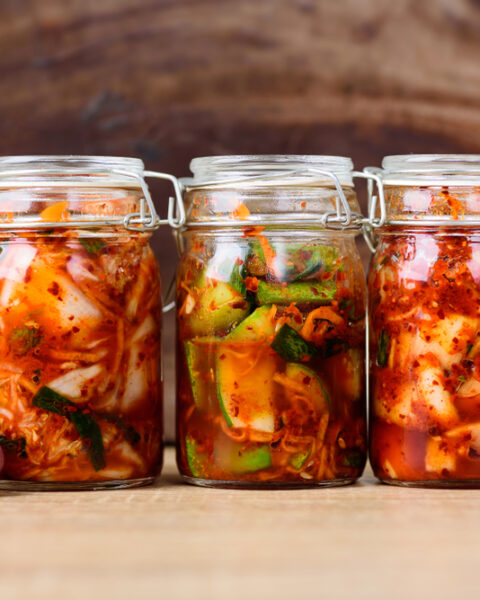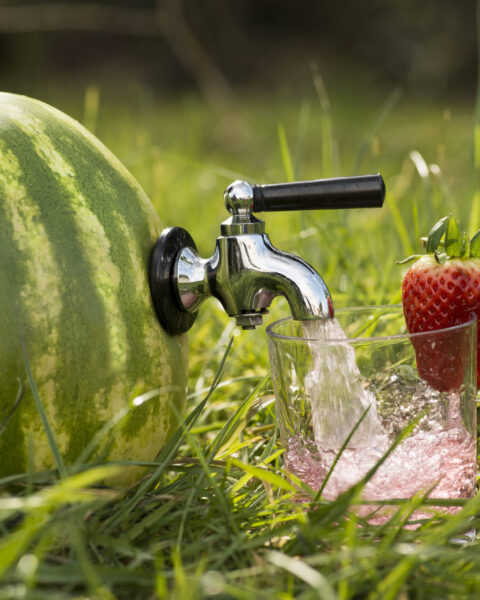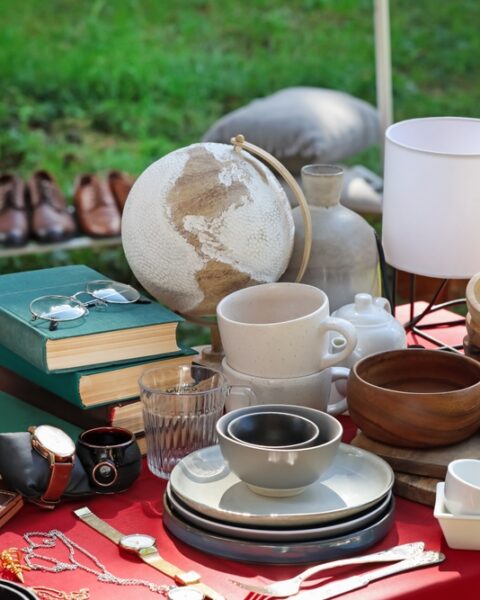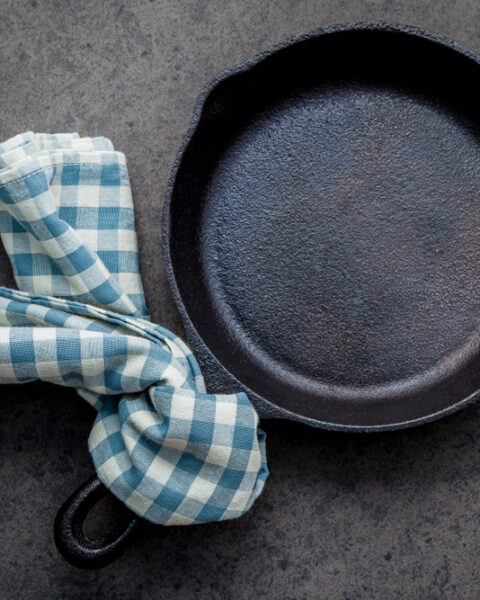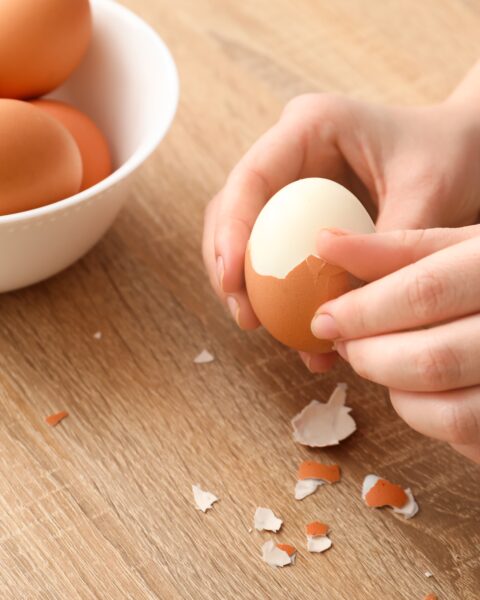Cooking is a wonderful way to express creativity and nourish yourself and your loved ones. However, even the most experienced home cooks can make mistakes that can ruin a meal. From overcooking to under-seasoning, there are a variety of common cooking mistakes that can lead to less-than-delicious results. In this article, we’ll explore some of the most common cooking mistakes and provide tips and tricks to help you avoid them. By learning to avoid these pitfalls, you’ll be well on your way to creating delicious, satisfying meals every time.
Contents
- 1 Over-Salting Soup or Stew
- 2 Burning Garlic
- 3 Soggy Vegetables
- 4 Tough Meat
- 5 Scrambled Eggs Turning Rubbery
- 6 Curdled Cream in Soup
- 7 Lumpy Gravy
- 8 Sticky Rice
- 9 Over-whipped Cream
- 10 More From RetailShout
- 11 8 Signs A Potato Has Gone Bad
- 12 10 Rotisserie Chicken Pasta Recipes for Quick and Delicious Weeknight Dinners
Over-Salting Soup or Stew
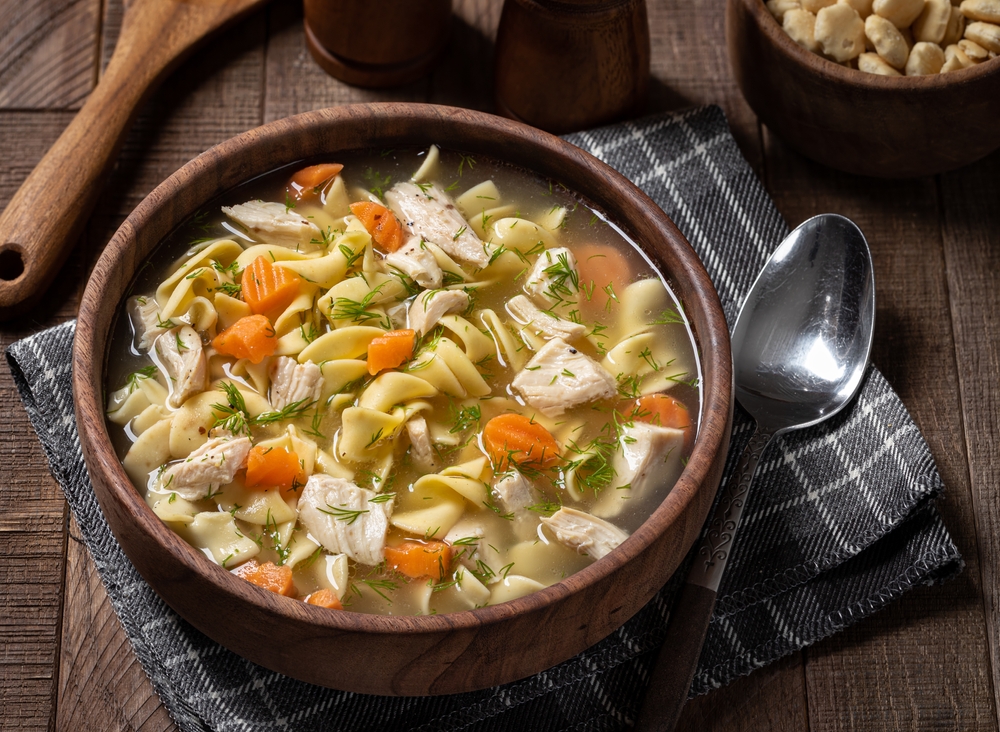
Mistake: Adding too much salt can ruin a dish’s flavor balance. Solution: To fix an over-salted soup, add a peeled potato to the pot and simmer for 10-15 minutes. The potato will absorb some of the salt. You can also dilute with water or unsalted broth.
Burning Garlic

Mistake: Garlic burns quickly, turning bitter. Solution: If you’ve burnt garlic, remove it from the pan and start over. Always cook garlic on low to medium heat and keep an eye on it.
Soggy Vegetables
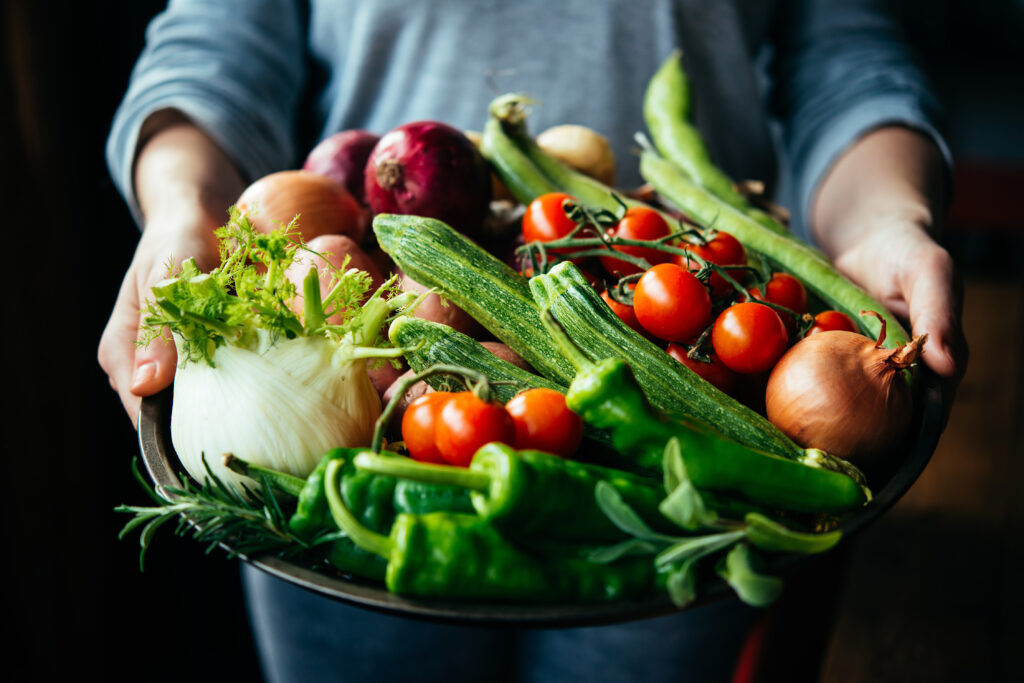
Mistake: Overcooking vegetables causes them to become soggy and lose color. Solution: Blanching (quickly boiling and then plunging into ice water) can preserve the color and texture of vegetables. If they’re already overcooked, consider puréeing them into a soup or sauce.
Tough Meat
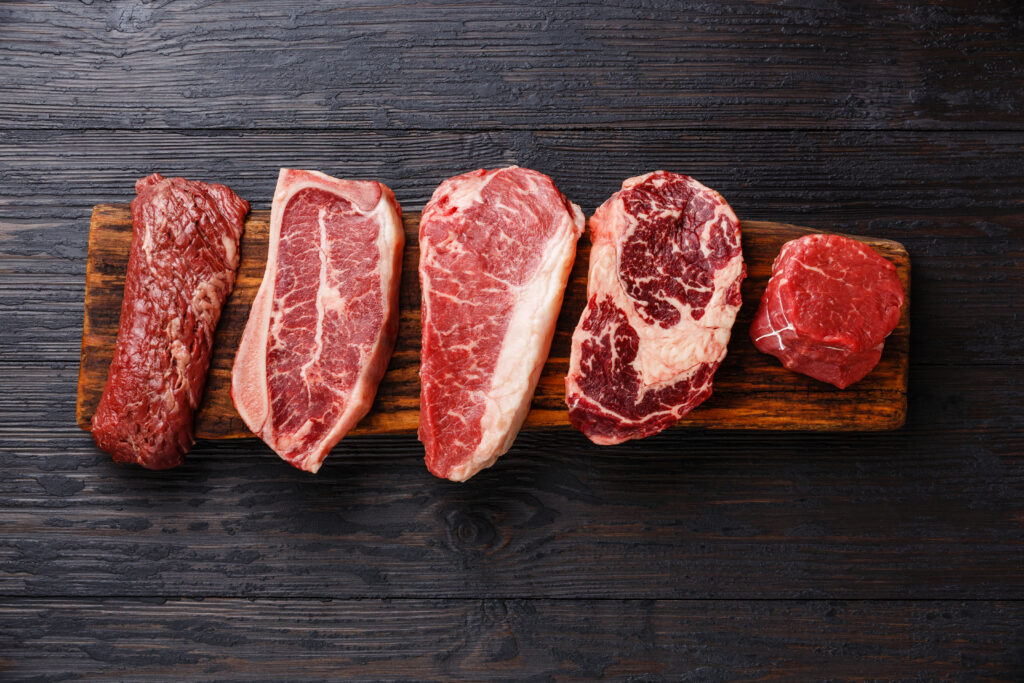
Mistake: Overcooking meat can make it tough and dry. Solution: If meat is overcooked, slicing it thinly against the grain can make it easier to chew. Serving with a sauce can also help mask dryness.
Scrambled Eggs Turning Rubbery
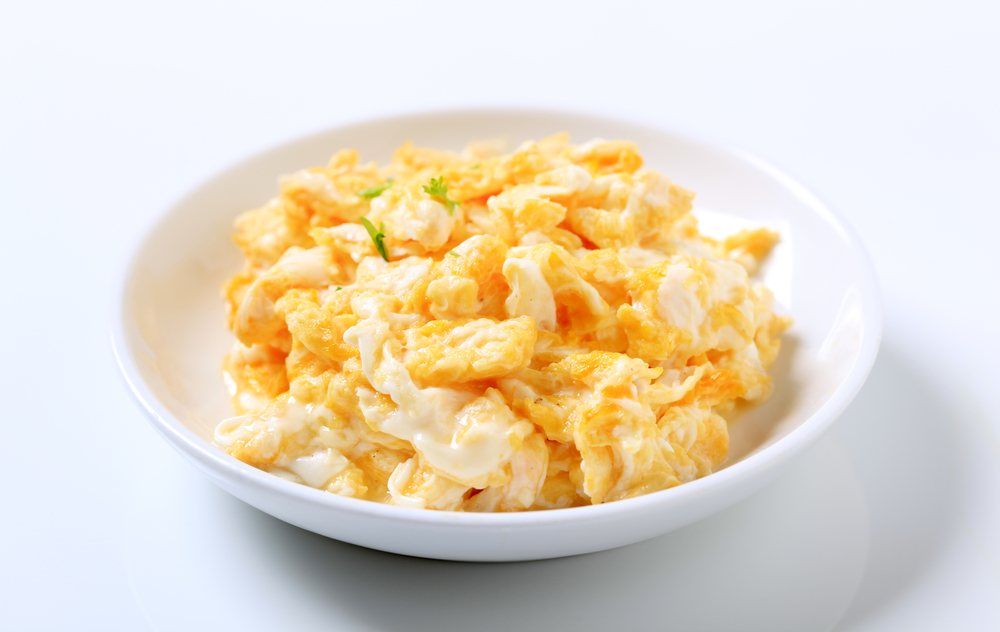
Mistake: High heat can cause eggs to become rubbery. Solution: Cook eggs slowly over low heat and remove them from the pan just before they’re fully set. They’ll continue to cook from residual heat.
Curdled Cream in Soup
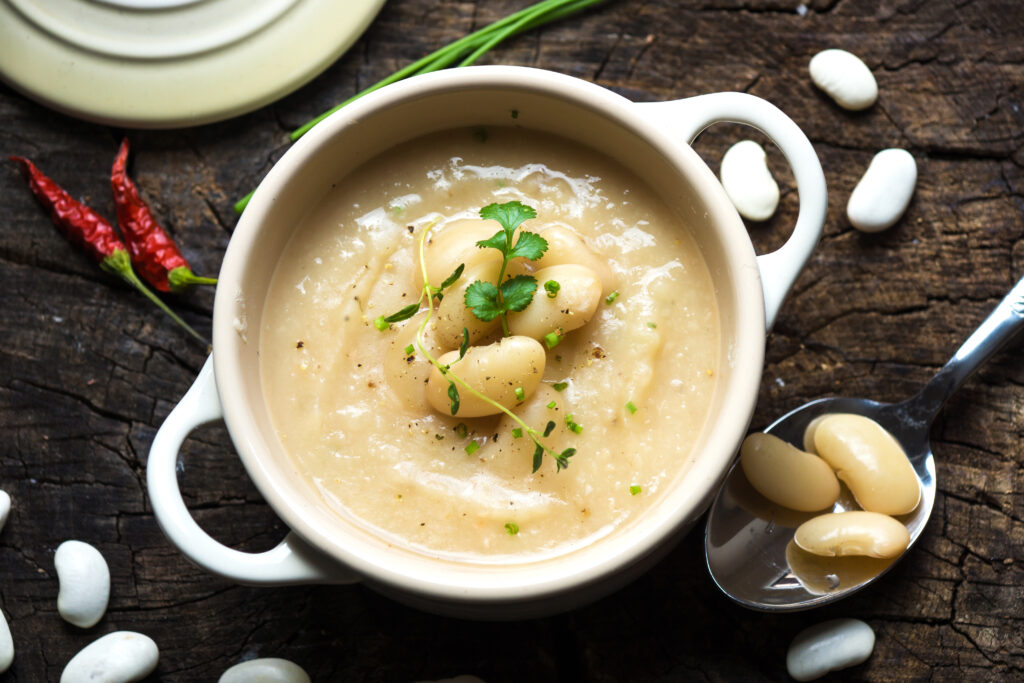
Mistake: Adding cold cream to a hot soup can cause curdling. Solution: To prevent curdling, warm the cream slightly before adding it to the soup, and make sure to add it slowly, stirring constantly.
Lumpy Gravy
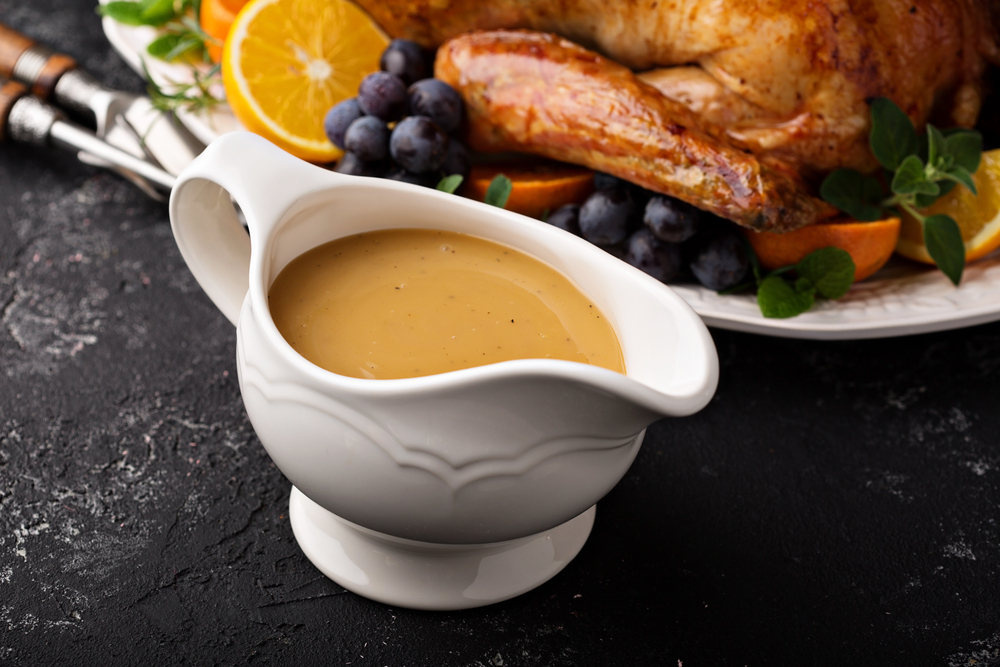
Mistake: Adding flour directly to hot liquid can cause lumps in gravy or sauces. Solution: To fix lumpy gravy, strain it to remove the lumps or use a blender. In the future, make a slurry by mixing flour with cold water before adding to the liquid.
Sticky Rice
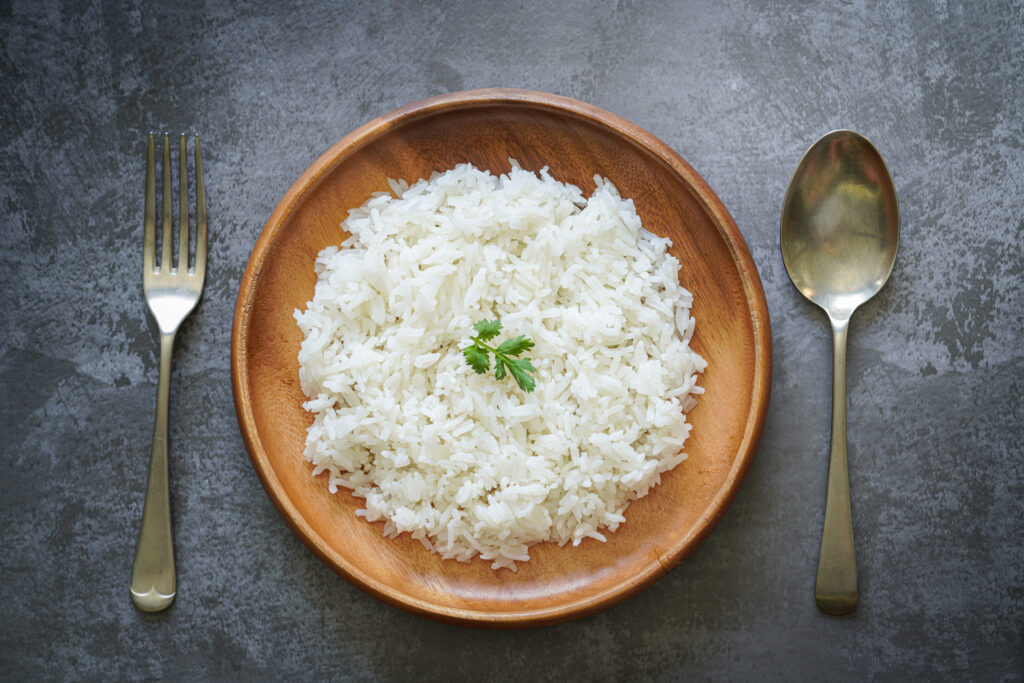
Mistake: Over-stirring rice can cause it to become sticky and gummy. Solution: If rice turns out sticky, spreading it out on a baking sheet and placing it in a warm oven can help it dry out.
Over-whipped Cream
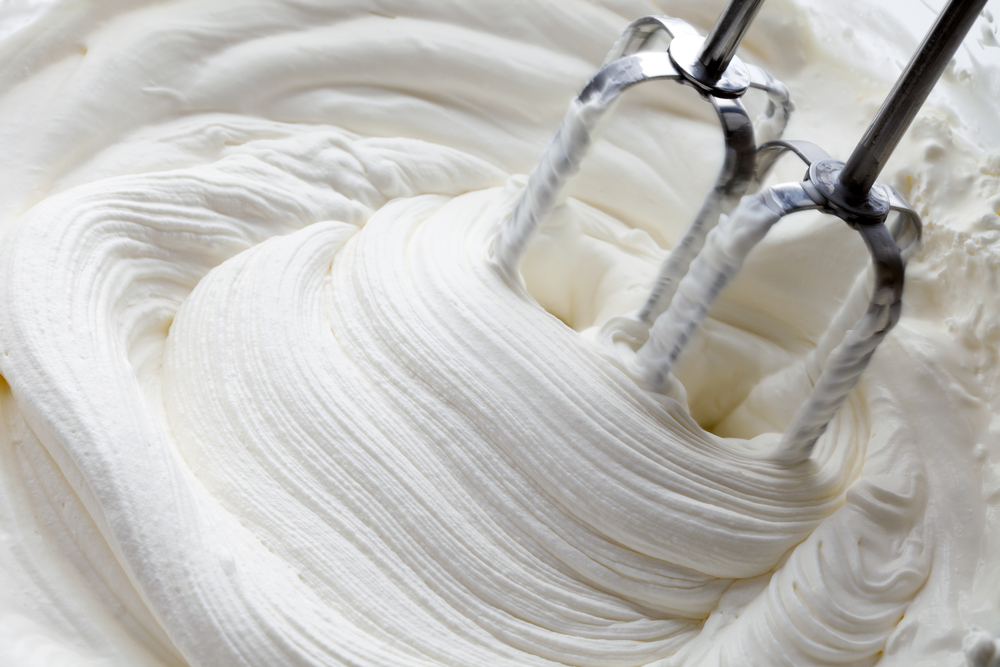
Mistake: Whipping cream too long can cause it to become buttery and dense. Solution: Gently fold in a little more fresh cream to lighten over-whipped cream.
This article originally appeared on RetailShout
More From RetailShout
15 Unexpected Ingredients To Boost Your Salmon Game, According To A Chef
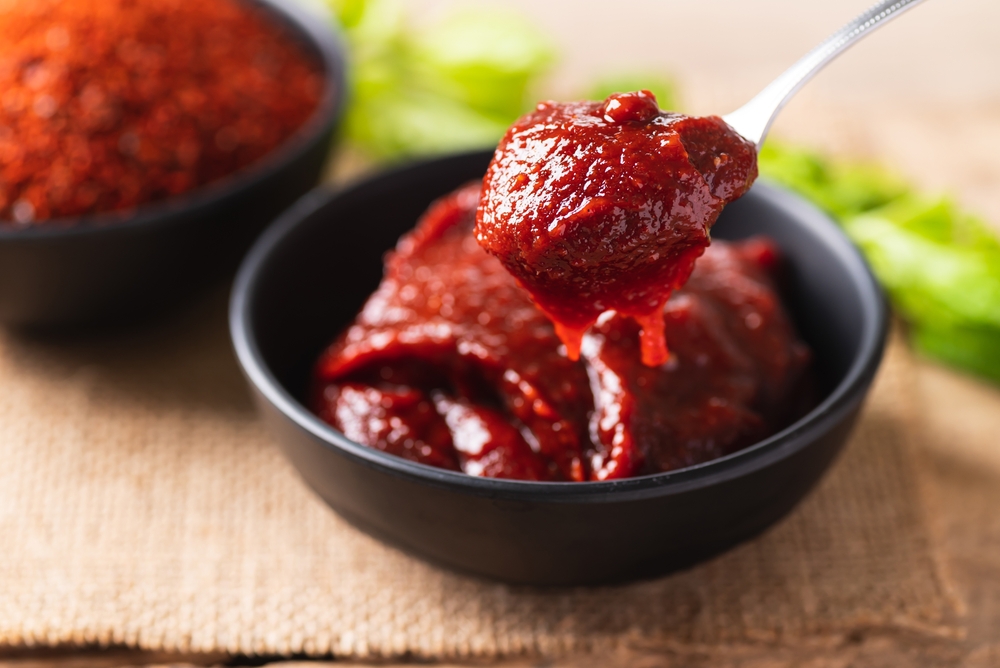
Cooking salmon doesn’t have to be the same old routine every time. There are so many unique and surprising ingredients that can elevate the flavor and take your dish to the next level. Whether you’re grilling, baking, or pan-searing, these unexpected additions can make a big difference. Read More.
8 Signs A Potato Has Gone Bad
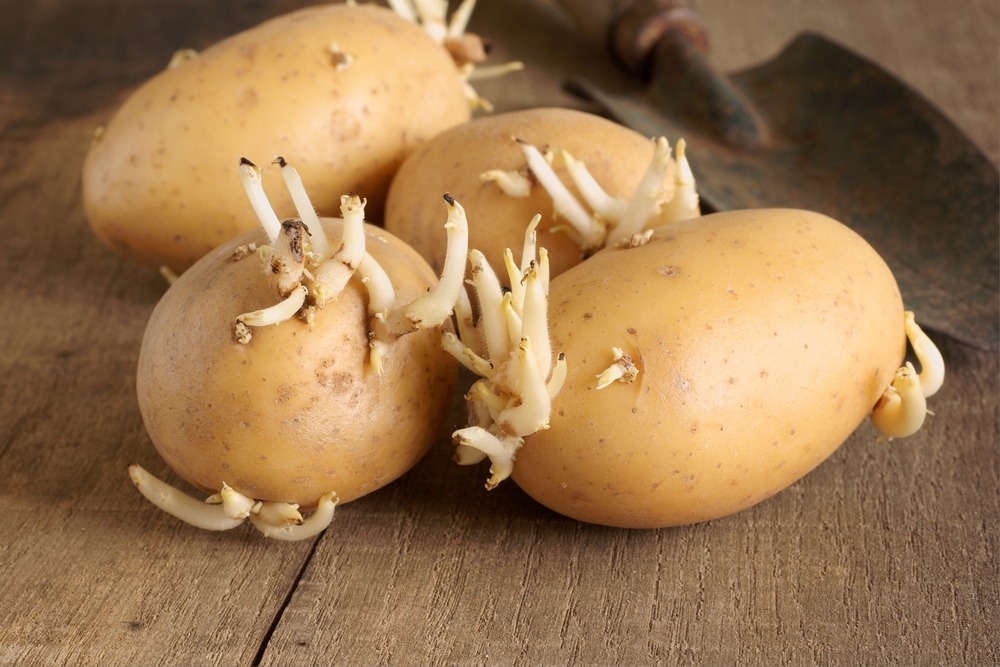
We’ve all been there, reaching into the pantry for a potato only to find it’s not looking its best. Potatoes are a kitchen staple, but they don’t last forever. Knowing when a potato has gone bad can save you from unpleasant meals and potential health risks. Read More.
10 Rotisserie Chicken Pasta Recipes for Quick and Delicious Weeknight Dinners
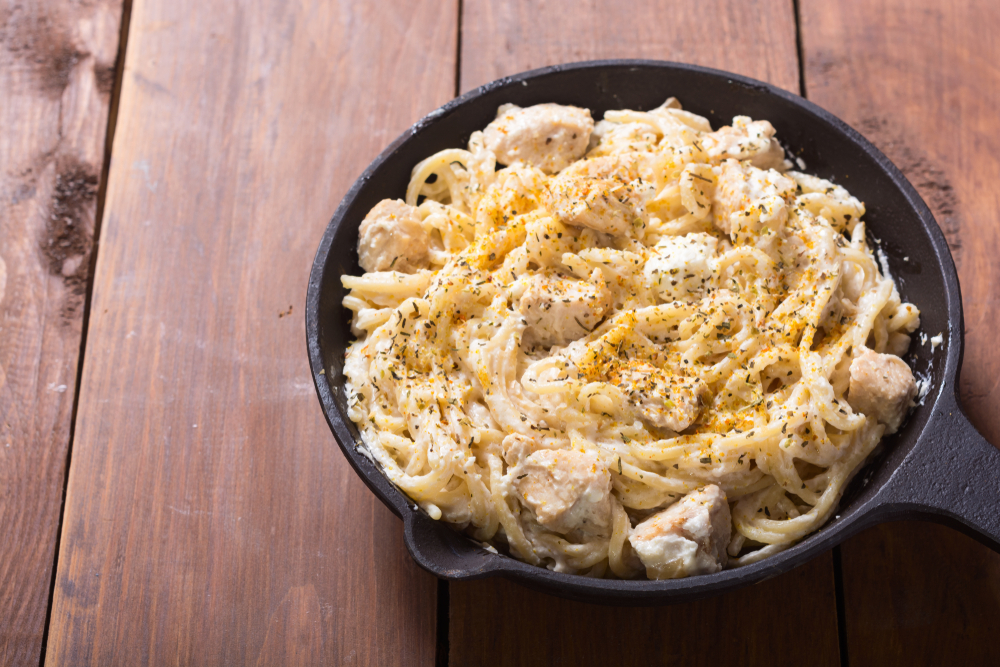
Imagine coming home after a long day and having a delicious, hearty meal on the table in no time. That’s the magic of rotisserie chicken pasta recipes. They’re perfect for those busy weeknights when you want something quick, easy, and incredibly tasty. Read More.

